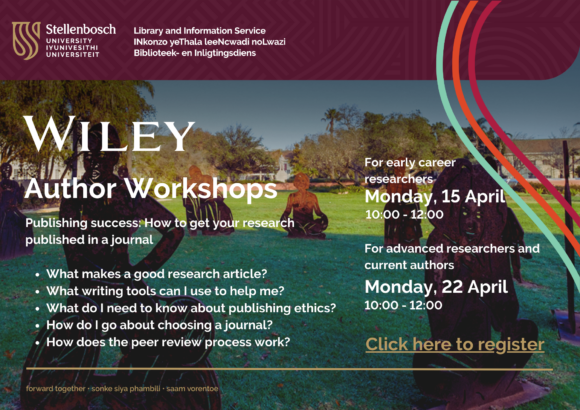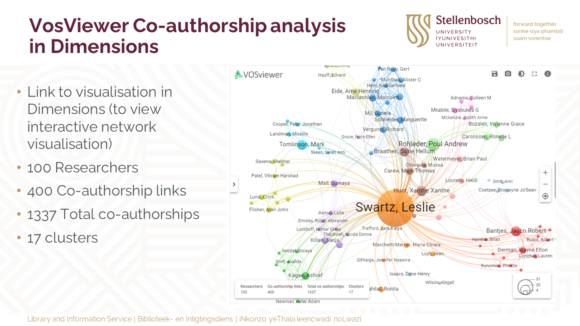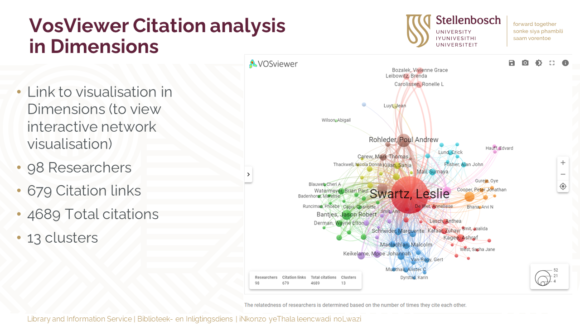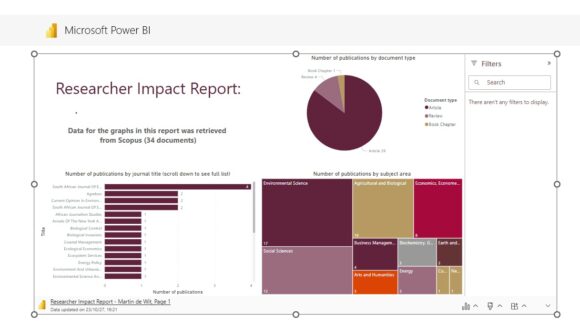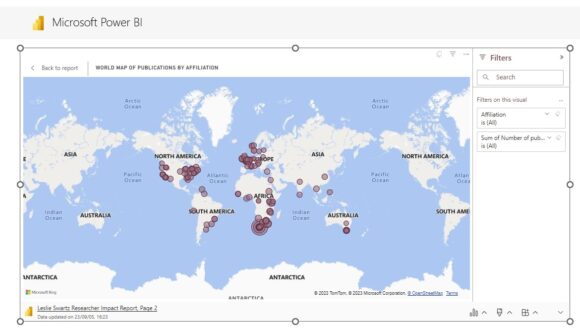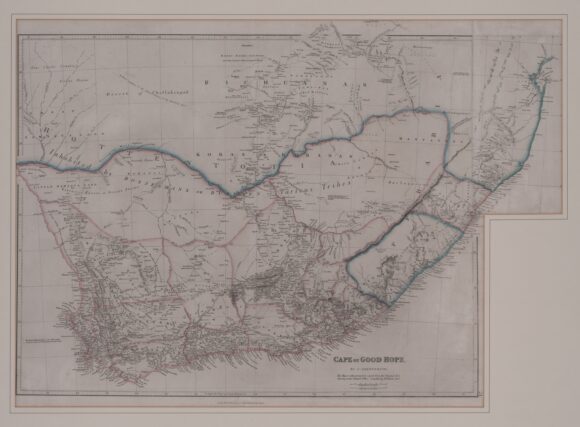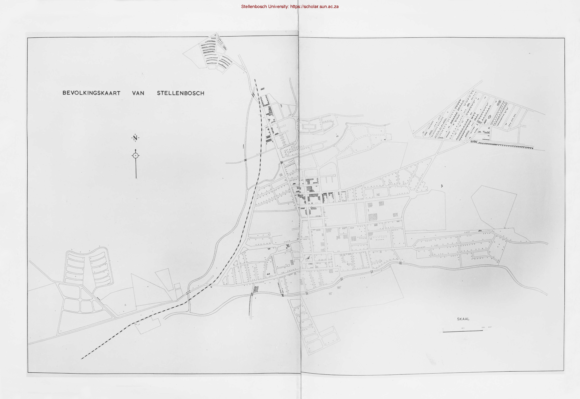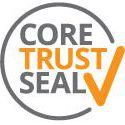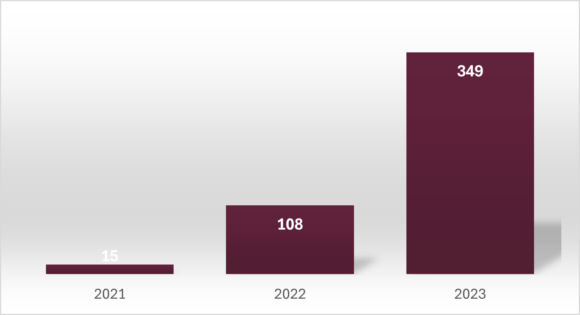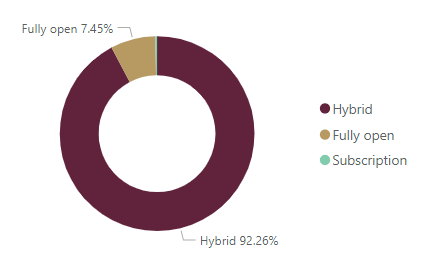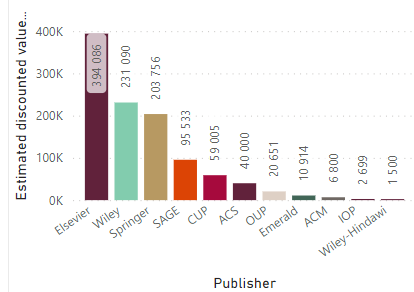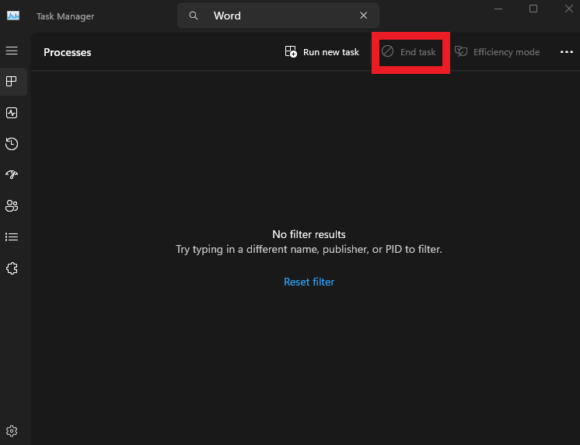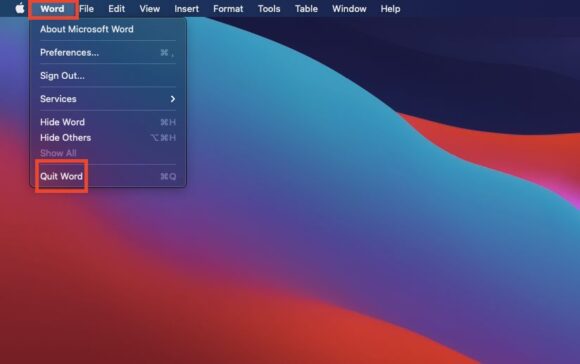There are numerous ways in which you can showcase your research and therefore improve the impact of your work. Considering these aspects when you publish and promote your research is important.
Decision-making about where to publish
- Publish in high-impact journals:
Use the Journal Impact Factor (Web of Science) or Citescore and SNIP metrics (Scopus). Always publish in journals that are accredited by the DHET. See the lists of accredited journals on the Division for Research Development’s website. - Publish Open Access:
Always look out for options to publish your work in accredited Open Access journals. The Directory of Open Access Journals (DOAJ list) is a good place to start. Because of high article processing charges (APC’s), it is best to make use of the open access agreements with publishers that make it easier for SU researchers to publish open access (OA), and in some cases to even publish OA without paying any article processing charge. Have a look at all the publisher agreements and the lists of journals in which you can publish at discounted rates in the Open Access Publishing library guide.
Use persistent identifiers
- ORCID
Create and connect your ORCID iD to your SU identity. Connect your iD to all citation databases and other research profiles where possible. Remember to keep your record up to date with adding your employment and works (publications) especially.
Manage your author profiles in citation indexes/databases
In both these citation databases there might be more than one profile for your name. If this is the case, you may request them to merge the different profiles. In Web of Science you also need to claim your profile if you haven’t done so yet. It’s important to connect your ORCID id in both these databases.
Create and maintain online profiles
These profiles will help you to make your work more visible and accessible, which could in turn help you to get more citations.
- Google Scholar is an important profile since some funders will ask for your Google Scholar H-Index while applying for funding, etc.
- ResearchGate
- Academia
- Lens.org
Post about your work on social media channels
- X
Communicate about your research (Science Communication)
- Blog posts
- Personal webpage / Research Lab webpage or blog
- Publish in popular magazines related to your research (health, agriculture, etc)
- Write for magazines such as “The Conversation”
- News items / Media
Track your impact (bibliometrics)
Track your impact through citation databases and altmetrics. Go to your author profile or do a search for your publications and track your metrics.
- Scopus
- SciVal
- Web of Science
- Dimensions (free version)
- scite (free version)
- Altmetric Explorer for Librarians (request this information from Marié Roux)
The above information comes from a workshop “Maximise your research impact” which will be presented on 23 May 2024. Make your reservation to get more in-depth information about these topics.

)(1).png)


